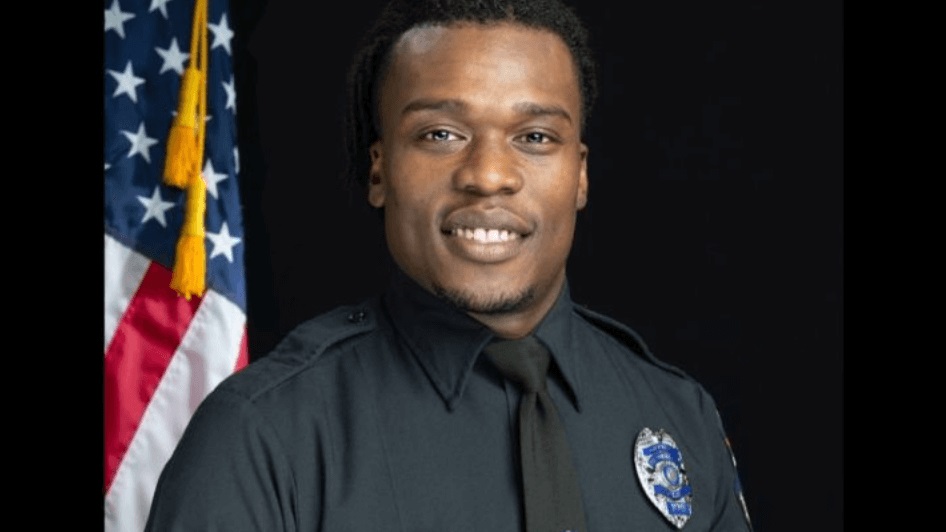
In 2016, Officer Joseph Mensah shot and killed Jay Anderson. Anderson was apparently asleep and possibly intoxicated in his vehicle at 3 a.m. in a park in Wauwatosa, a Milwaukee suburb when Mensah approached to investigate. Seeing a handgun near Anderson, Mensah drew his sidearm and attempted to make contact with Anderson. According to the officer, Anderson reached for the gun and Mensah fired.
After an investigation by an outside agency, Mensah was cleared of wrongdoing in the 2016 shooting. Although no charges were filed, relatives of Anderson used an obscure state law that allows judges to directly question witnesses in what’s known as a John Doe proceeding in which a judge who finds sufficient evidence for charges can file them directly, leaving prosecutors out of the equation. Only a half dozen states have such a provision, and it is seldom used in Wisconsin.
Milwaukee County Judge Glenn Yamahiro ordered a special prosecutor to handle the case stating, “Mensah should have been aware that pulling his weapon on Anderson created an unreasonable risk of death” and the officer should have de-escalated the situation and waited for back up which was reportedly on the way.
Regardless of the merits of the case or the defense, the judge made a typical error in assuming that backup officers are the key to de-escalation. There are many reasons why this assumption by persons without sufficient knowledge of the real world of police operations creates problems. Once again, science and research are ignored.
First, backup is not always available. In larger police agencies, dispatchers will hold a call that is likely to need more than one officer. In agencies with fewer officers available on duty that choice may not exist – they call, you go.
Secondly, response time may not be sufficient to intercede. The officer asking for assistance may have little time to hold a suspect at bay and give details to arriving officers. Ideally, backup officers will arrive with a good understanding of the situation and how to deploy on arrival. That kind of detailed briefing is seldom possible in a rapidly developing situation.
Officers who investigate routine matters can find themselves facing a critical incident within seconds or less. Calling for backup for routinely checking a parked car or contacting a sleeping or intoxicated person is great when possible, but the frequency of these kinds of activities simply doesn’t allow pulling a second officer from other activities. Officer Mensah’s statement was that Anderson’s movements were swift and that he might even have been faking slumber in order to catch the officer off guard were discounted by the judge.
Thirdly, having more than one officer at a scene does not have a predictable effect on the outcome. Any officer is happy for any colleagues who can assist them. However, studies in Phoenix, Arizona show that over half of the officer-involved shootings had more than one officer on the scene. This is likely true across the country as well. While officers do a generally superb job of de-escalation, the reality is that they always have to overcome the initial adrenaline spike that a uniform invokes on most people. Multiple officers might inspire fear and compliance, but they might also inspire fear and defiance.
With an increasing number of courts accepting “provocation” claims, wherein police officers are accused of causing a violent reaction of a suspect, police are being put in a position to be fortune-tellers. Will more officers create peace or increase tensions? Critics, and sadly now courts, are moving to a dangerous assumption that police officers in tense situations can predict what an agitated, mentally ill, or drugged suspect will do.
This article does not attempt to defend the officer, absent a review of the entire investigation, nor does it assume that the judge is making a tragic mistake. Regardless of the outcome of the filing of charges against Officer Mensah, expert testimony must be allowed to explain that perceptions based on a life of watching TV and movie cops do not prepare a judge, prosecutor, or jury to evaluate officer-involved shootings.